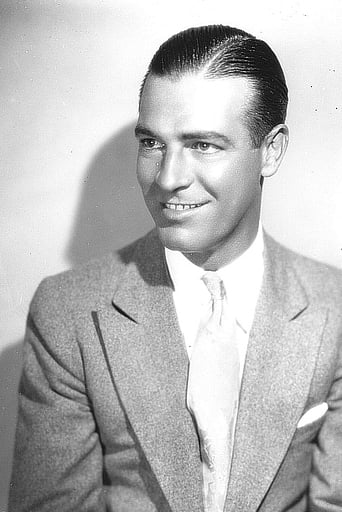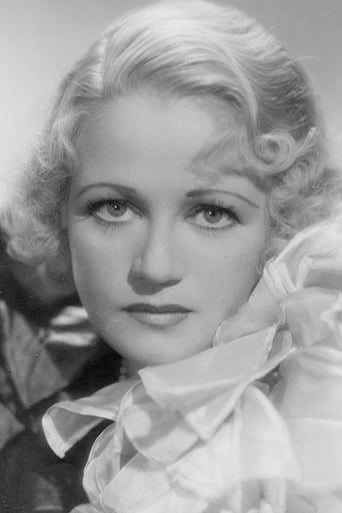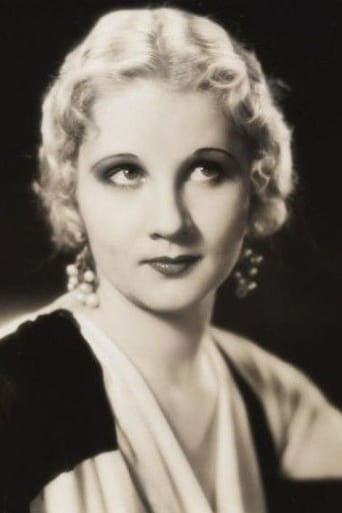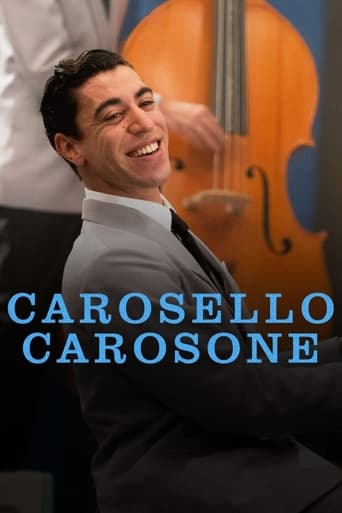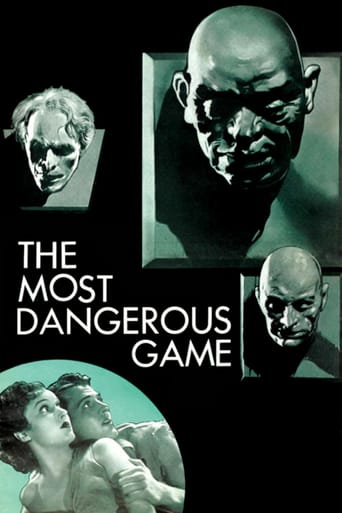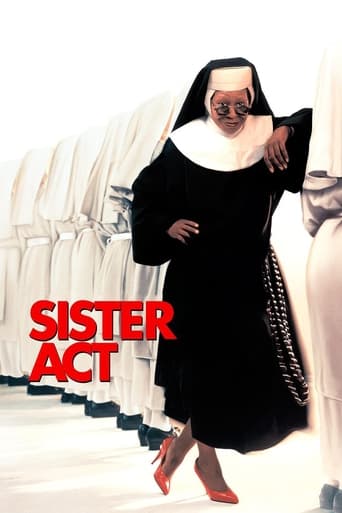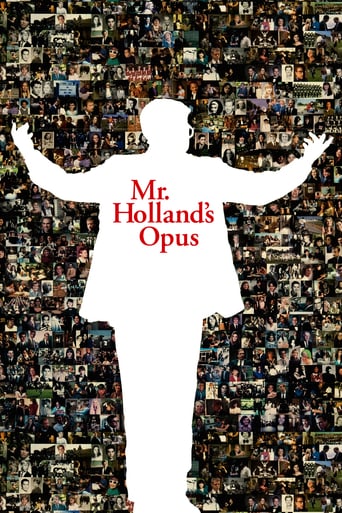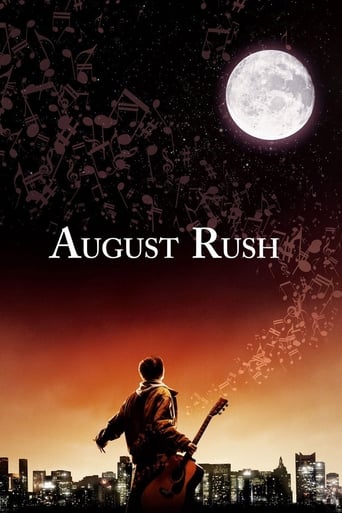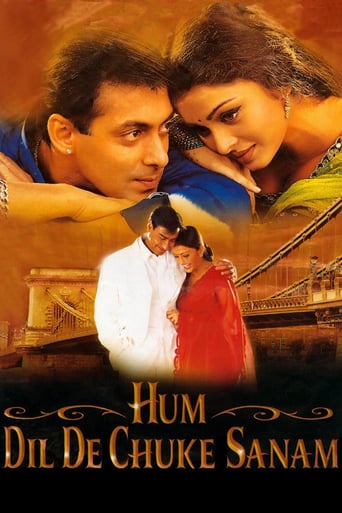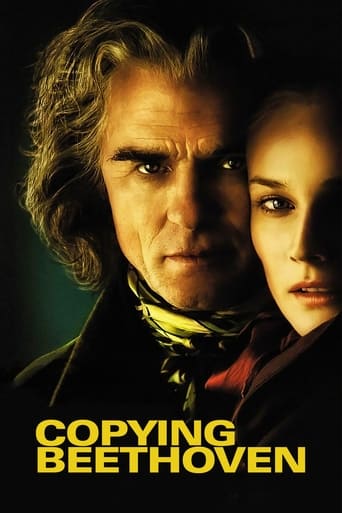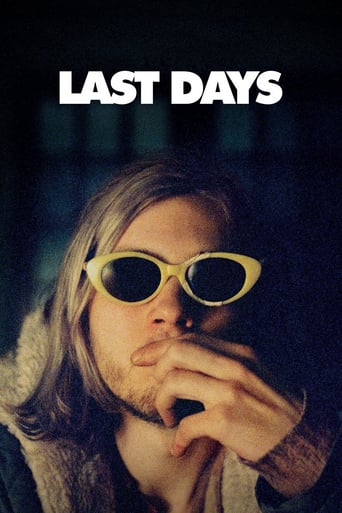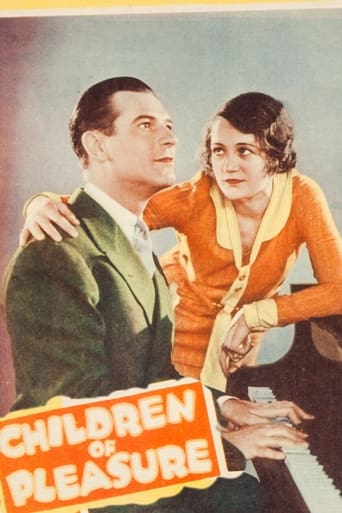
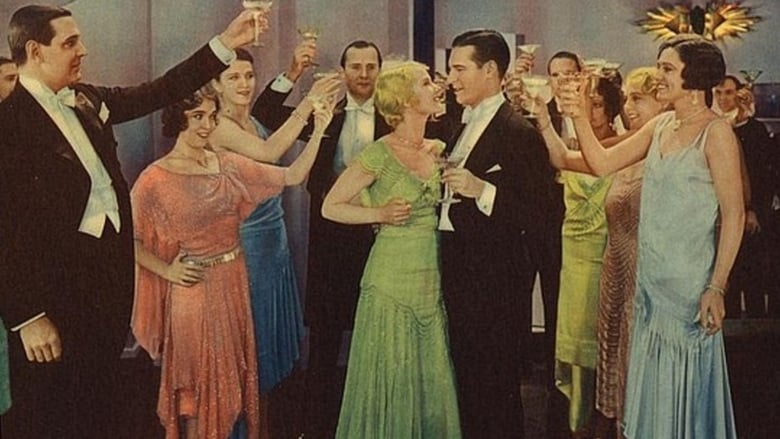
Children of Pleasure (1930)
A successful songwriter, dazzled by high society, falls for a society girl who is just playing around.
Watch Trailer
Cast


Similar titles
Reviews
Excellent, Without a doubt!!
Very interesting film. Was caught on the premise when seeing the trailer but unsure as to what the outcome would be for the showing. As it turns out, it was a very good film.
Fun premise, good actors, bad writing. This film seemed to have potential at the beginning but it quickly devolves into a trite action film. Ultimately it's very boring.
The film may be flawed, but its message is not.
If you are possibly going to spend 75 minutes or so out of your life watching an early musical from MGM, there's a strong chance you already know what you're in for--this short quickie, compared to a creation from Busby Berkeley at Warner's a few years later, is primitive indeed, but captures a time and place in Hollywood like few other films are able to do.The plot is simple--winsome secretary loves a songwriter who falls for a society dame. The songwriter is zippy Lawrence Gray who smiles through his tears, and composes a song when he wants to express himself in love or out of it. One of his interpreters (and comic relief) is a Sophie Tucker type, a sort of Red Hot Mama attached to her ethnic pianist (at least that's how's he's played). We get some peeks at various musical numbers, some out-of-step minstrels in a theatre and a nutty song and dance in a nightclub--and "you ain't seen nothing" until you've seen the production number for "Dust," one of the hero's hits--with several helpings of actual dust--and later, a catchy little number "The Whole Darned Things For You."The pleasures in this film are to be found in the sense of history it represents, awkward dealings with the sound, none of it prerecorded--even an outdoor encounter with comedian Jack Benny is fascinating, and one wonders if the subway entrance was a location shot or on the MGM lot. "Jiminy Cricket" Cliff Edwards also makes a jokey cameo, and the film zips along at a good pace--but ending as if the producer decided the company had run out of resources and just called "cut" and "print." Children of Pleasure is an archivist's delight!
Lawrence Gray plays Danny Regan, composer of popular love songs. The shy sort who can only express himself through syrup and corn in his music. He falls hard for a beautiful society blonde who has been through most of the eligible men on Broadway, but Danny offers the convenience of "all I have to do is push a button and I get a love song"., which is enough to impress her family and friends. Wynne Gibson plays the loyal gal Friday who loves him and May Boley is Fanny Kaye, Broadway star. Why she is a star is not amply shown by the two numbers she's in or, really any of the scenes. Benny Rubin is her piano player and perhaps boyfriend who makes cruel jokes about her which are supposed to be funny, but aren't. Most of the musical numbers look under-rehearsed, particularly a black face routine early on with Boley. Judith Wood or Helen Johnson, as she is billed here is the Park Ave. mankiller who causes all the trouble and gives a very interestingly terrible performance. Most of the cast went on with their lives, but not with their careers, except Rubin, of course. Still, even though this film is bad, bad, bad. Its fun, fun, fun.
Released in 1930--soon after the advent of talkies--"Children of Pleasure" must have been one of the earliest musicals. But it is not a musical as we know them now, where characters break out in song to express their emotions. Reveling in the possibilities of sound, the talkies were often stories about stage productions or nightclub venues, allowing production numbers, which pretty much stop the storyline. This film has those staged numbers, but since the main character, Danny Regan (Lawrence Gray) is a songwriter, and a guy who communicates better with his girlfriend when he sings to her, various songs become expressions of his love.The object of his affection is Patricia Thayer (Judith Wood), a socialite backed by family money. She uses and throws away boyfriends like chewing gum. When Emma (Wynne Gibson), Danny's friend and coworker sees him falling for Pat, she is concerned for him, but wants him to be happy. Pat eventually agrees to marry Danny. On the night of the wedding rehearsal, Danny overhears something that makes him second guess his decision to marry Pat. The sound quality of the film is sometimes fuzzy, sometimes excellent--what you might expect of a film from 1930. The storyline is fairly good until the ending, when instead of showing us what transpires, the film has a character tell us what happened. This also results in a jarring close to the film. The musical (and dance) numbers are typical for the era. Lots of "gee whiz" lyrics and shuffling. But the songs are not bad. One song Danny sings, titled "The Whole Darn Thing's For You" is charming.The entire cast feels like it was picked right out of vaudeville and the borscht circuit. So some of the humor is clever, some feels amateurish by today's standards. But I liked most of the characters. I particularly liked the acting/singing/comedy of Wynne Gibson.
Snappy musical of songwriter (Lawrence Gray) who falls for a society girl (Helen Johnson) much to the chagrin of his faithful secretary (Wynne Gibson). Gray sings a few songs and there are some productions numbers from Broadway shows that feature May Boley, Benny Rubin, and Gibson.Supposedly loosely based on the life of Irving Berlin, this is an interesting early musical, one of many that Gray starred in. The songs are pretty much integrated into the plot and chart the course of love as Gray writes songs for Johnson (also known as Judith Wood) and then creates dark lyrics when he learns she's only out for a lark.I suspect some material has been cut and long lost since the film clocks in at a little over an hour.Gray is a pleasant leading man, Gibson a surprise in her singing number, Boley a powerhouse (despite the hideous costumes) as the "red hot mama," and Rubin always good for a laugh. Cameos by Jack Benny and Cliff Edwards don't add much. Co-stars include Kenneth Thomson, Ann Dvorak (chorus girl), Mary Carlisle, Lee Kohlmar, and Doris McMahon, the girl from Buster Keaton's FREE AND EASY who wants to sing a funny song.


